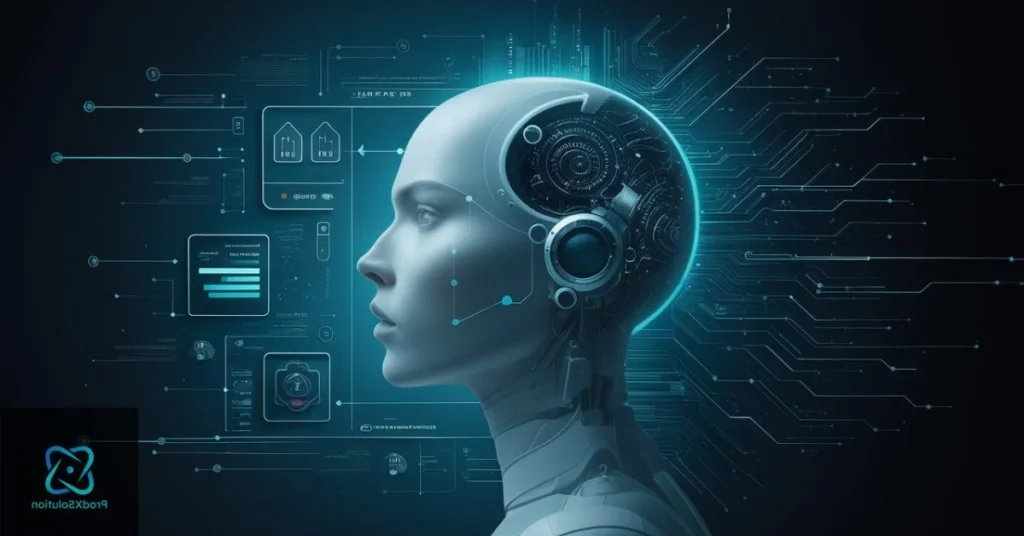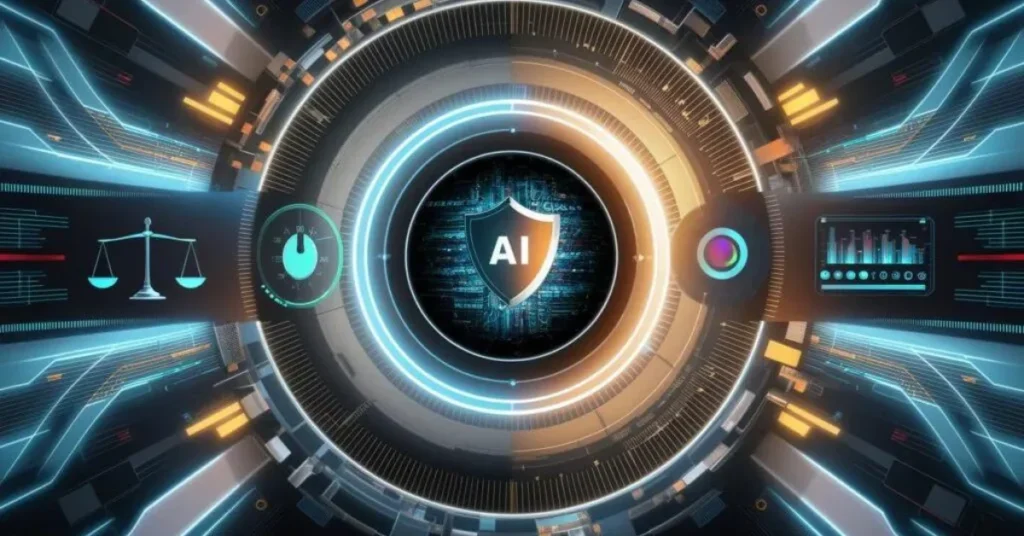In today’s fast-paced world, artificial intelligence (AI) plays a crucial role in various industries, from cybersecurity to online matchmaking. With such widespread use, ensuring that these AI systems are reliable, accurate, and ethically sound is essential. That’s where the Keeper AI standards test comes into play—specifically, a framework designed to assess AI performance, security, and compliance with industry standards. This guide will explore the importance of testing AI systems, how they work, and why it’s necessary for businesses relying on AI technology.
What Is AI Standards Testing?
AI standards testing is a rigorous evaluation process used to assess the performance, reliability, and ethical behavior of AI systems. This testing ensures that AI technology meets industry standards and performs as expected in real-world applications. Whether used in online dating platforms, cybersecurity tools, or automated quality assurance processes, AI standards testing helps organizations deliver trustworthy and effective AI solutions.
Key Features of Keeper AI Standards Test Evaluation

AI standards testing is crucial for ensuring that AI systems meet industry requirements and operate effectively. The core features evaluated during this process include:
- Reliability: Ensures that AI systems consistently deliver accurate results across various conditions, building trust in their performance.
- Ethical Compliance: Focuses on identifying and eliminating biases in AI algorithms to promote fairness and avoid discriminatory outcomes.
- Security: Verifies that AI systems protect sensitive data and comply with regulatory requirements, safeguarding against potential breaches.
- Efficiency: Assesses whether AI systems operate within optimal timeframes and resource usage, ensuring they perform tasks effectively without unnecessary delays.
These features make AI standards evaluation a vital process for maintaining trust and ensuring the overall success of AI technologies in real-world applications.
How AI Standards Testing Impacts Different Industries
AI in Matchmaking and Online Dating
Artificial intelligence has become a major force in online dating, with platforms using AI to match users based on their preferences, behaviors, and interests. However, without proper testing, these systems could unintentionally create biased outcomes. Standards testing ensures that matchmaking algorithms function ethically, avoiding biases related to factors like ethnicity, religion, or income. By addressing these potential pitfalls, AI can create meaningful and fair connections for users.
Enhancing Data Security with AI
In the world of cybersecurity, AI-driven tools are used to detect and prevent potential threats. Standards testing evaluates whether these systems comply with regulatory requirements and effectively safeguard sensitive data. For organizations handling personal information, robust AI testing is crucial to preventing data breaches and maintaining customer trust.
Quality Assurance Across Industries
Many industries, such as manufacturing and software development, rely on AI to improve quality assurance. AI standards testing ensures that these tools are working accurately, identifying errors or inefficiencies. For example, in a production line, AI-powered tools might be used to check product quality. Testing ensures that these systems consistently perform as expected, reducing the risk of defects and maintaining high production standards.
The Process of AI Standards Testing
AI standards testing typically follows a structured process designed to evaluate systems thoroughly. Here’s a breakdown of how it works:
Step 1: Defining Criteria
The first step involves setting clear criteria for evaluation, based on the industry and specific AI application. These standards might focus on accuracy, security, or ethical guidelines, depending on the AI system’s role.
Step 2: Data Collection and Analysis
Once the criteria are set, data from the AI system is collected and analyzed. This data could include anything from user interactions in a dating app to security performance metrics in a cybersecurity tool.
Step 3: System Evaluation
The AI system undergoes a detailed evaluation based on the predefined criteria. This phase helps identify areas where the system may be falling short, such as bias or inefficiency, and provides a roadmap for improvements.
Step 4: Continuous Feedback and Updates
After evaluation, feedback is provided to refine the AI system. Continuous updates and testing are necessary to ensure the system adapts to changing data and remains effective over time.
Ethical Compliance in AI
One of the most significant concerns in AI development is ensuring that systems operate ethically and without bias. Biased algorithms can lead to unfair decisions in areas like hiring, lending, or matchmaking. By focusing on ethical compliance, AI standards testing aims to ensure that AI systems produce fair and transparent outcomes, free from discriminatory practices.
Aligning AI with User Preferences
For AI to be truly effective, it must align with the needs and preferences of its users. Whether it’s helping someone find their ideal partner or making security recommendations, AI should be able to make decisions that users can trust. Standards testing helps ensure that AI systems are providing relevant, accurate, and actionable insights, making them more valuable and trustworthy for users.
Challenges and Opportunities in AI Evaluation
AI testing comes with its own set of challenges. The complexity of AI algorithms makes it difficult to uncover hidden biases or inefficiencies, which requires a detailed and ongoing evaluation process. However, this also presents opportunities for improvement. As AI technologies continue to evolve, so too will the methods for evaluating and refining these systems to ensure they meet the highest standards of quality and reliability.
The Future of AI Testing
Looking ahead, AI standards testing will play an increasingly important role in ensuring that AI remains safe, reliable, and aligned with ethical guidelines. As AI systems become more complex, the need for thorough testing and continuous updates will grow. Businesses that prioritize rigorous testing will be better equipped to deploy AI technologies that are not only effective but also trustworthy and fair.
Conclusion
AI standards testing is an essential component of developing and maintaining AI technologies that users can rely on. By ensuring that AI systems meet high standards for performance, security, and ethical compliance, this testing framework helps businesses deliver AI solutions that are both effective and fair. As AI continues to evolve, ongoing evaluation and refinement through standards testing will be critical to maintaining trust in these powerful technologies.
FAQs:
Why is regular testing important for AI systems?
Regular testing ensures that AI systems continue to meet performance and ethical standards, especially as they evolve and adapt to new data.
What industries benefit from AI standards testing?
Industries like online dating, cybersecurity, manufacturing, and software development all benefit from testing, which ensures AI systems operate reliably and effectively.
How does AI standards testing help prevent biased outcomes?
Testing evaluates AI systems for biases and promotes ethical compliance, ensuring that algorithms produce fair and transparent results.
What role does testing play in AI-driven data security?
AI standards testing ensures that AI systems comply with cybersecurity protocols and protect sensitive data from potential threats.
How does AI testing adapt to new developments in AI technology?
As AI technology evolves, testing methods are continuously updated to ensure that AI systems meet current standards and remain effective over time.

